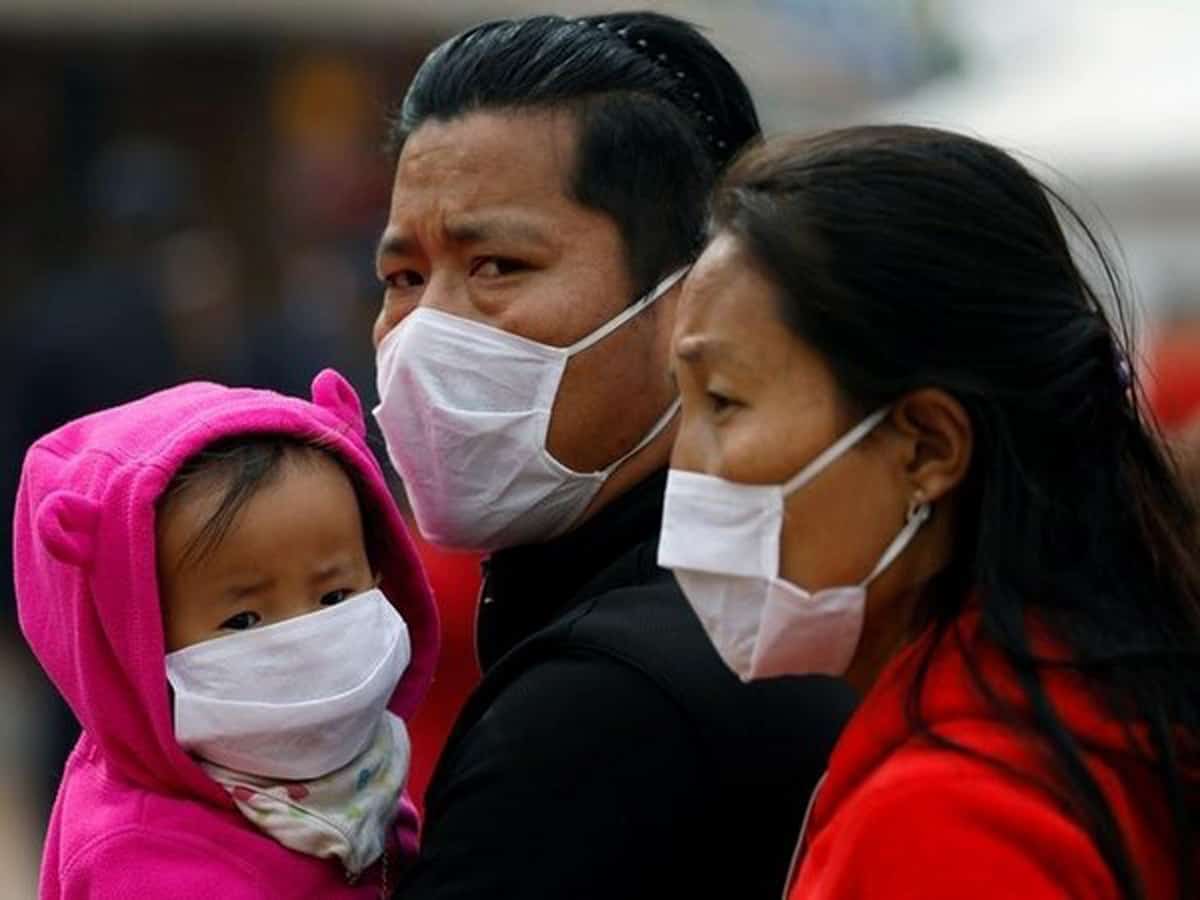
The government said today that two people died from influenza caused by the H3N2 virus. One individual died in Haryana, while the other perished in Karnataka.
An 82-year-old man from Hassan, Karnataka, is thought to be the country’s first H3N2 death. According to authorities, Hire Gowda was brought to the hospital on February 24 and died on March 1. He was allegedly diabetic and had high blood pressure.
In the nation, around 90 instances of the H3N2 virus have been detected. In addition, eight instances of the H1N1 virus have been identified.
Flu cases have been on the rise in the country in recent months. The H3N2 virus, popularly known as the “Hong Kong flu,” is responsible for the majority of the illnesses. This virus is responsible for more hospitalisations in the country than any other influenza strain.
So yet, only H3N2 and H1N1 infections have been identified in India.
Both had symptoms identical to Covid, which infected millions worldwide and killed 6.8 million people. Rising flu infections have sparked public worry two years after the outbreak began.
Symptoms include a persistent cough, fever, chills, shortness of breath, and wheezing. Individuals have also complained of nausea, sore throat, body aches, and diarrhoea. These symptoms might last up to a week.
The virus is very infectious, according to scientists, and spreads by coughing, sneezing, and close contact with an infected individual.
Physicians have urged Covid-like measures, including as hand washing and wearing masks. The Indian Council of Medical Research (ICMR) recommends covering one’s mouth and nose while sneezing or coughing, drinking enough of fluids, not touching one’s eyes or nose, and taking paracetamol for fever and body soreness.
The infection may be severe in high-risk populations like as older individuals and small children, as well as persons who have a weaker immune system due to persistent medical issues.
The Indian Medical Association has advised doctors not to prescribe antibiotics to patients before confirming if the infection is bacterial, as they can develop resistance.
